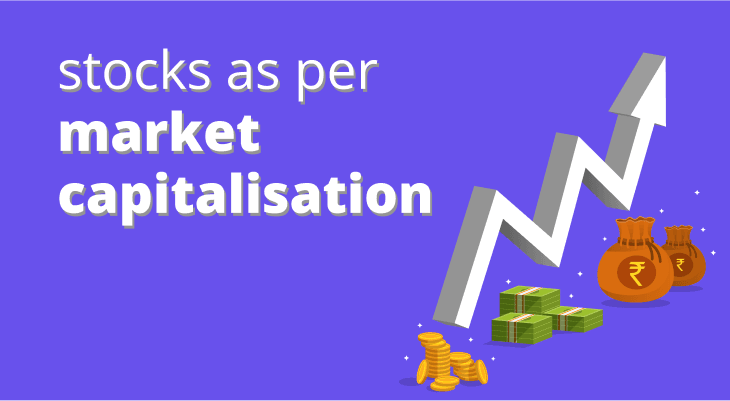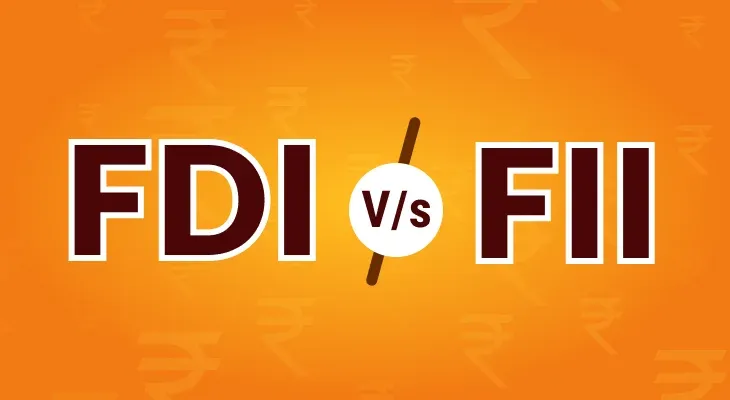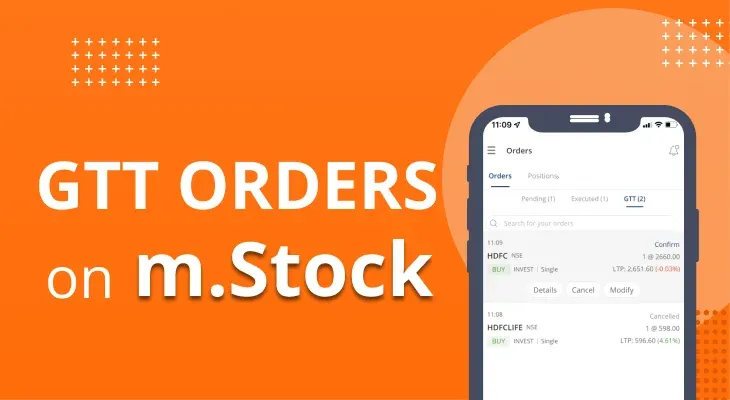
What are Futures and Options and Its Benefits?
With advancements and innovations in technology, particularly in the area of Fintech, investors have myriad ways to trade and grow their financial portfolios. With derivative trading and algo-trading on the rise, not to mention the popular cryptocurrency channels, investors can choose their trading mechanisms to potentially make profits.
As trading instruments go, futures and options have been there for a while now. But you may still ask, especially if you are a novice, “What is futures and options trading?”. You could say that futures and options (called F&O) are a means to make your trading more profitable, but have risks too. If you want to get a head start on futures and options, start by reading this article.
Understanding F&O Meaning in Detail: What is F&O?
An in-depth understanding of futures and options is necessary if you want to begin trading in this segment of the financial markets. Although futures and options are both agreements/contracts, they differ in terms of their function and use, and hence, potential outcomes. In simple terms, when you ask, “What are futures and options?”, you may be told that they are both derivative contracts/agreements that traders enter. Additionally, these contracts get their value from an underlying asset that is represented by the agreement. So, the worth of the contract, or its price, is ‘derived’ from the price of the underlying security/asset. Now let us look at futures and options separately.
When a trader signs up for a futures contract, this includes the purchasing or selling of an underlying asset or security at a pre-decided price and by a fixed date. In futures and options trading, purchasing a futures contract requires the trader to pay a predetermined price for an asset by a specific date. Alternatively, the sale of a futures contract translates to the trader selling the asset at a fixed price on a certain date applicable to the contract. It is important to note that futures contracts grant the right to buy and sell underlying securities like bonds, stocks, and more, as well as mandate the buying and selling of these at the price stipulated in the contract by a particular date. A futures contract holder is obligated to execute it, whether the price of the asset falls or rises.
You now know about futures and the basic way in which they function. However, you may still be unable to answer the question, “What are futures and options?”, as you may not know about options yet. Basically, like futures, options are contracts of the derivative type as they also represent an underlying asset that decides their worth. Hence, options are contracts and they grant the trader the right to purchase or sell the said underlying asset of the contract at a fixed price and by a date decided in advance. However, unlike a futures contract, there is no obligation on the contract holder’s part to execute the contract.
Within the gamut of futures and options trading, options comprise two essential kinds of contracts. These are call and put options. A call option grants the trader the right to buy the said underlying security at a particular price and by a specified date, but there is no obligation to do so. Furthermore, a put option grants the investor the right to sell the said underlying asset at a certain price on a set date, with no obligation to execute contracts. When traders buy an options contract, they must pay a premium. In case, contracts are not implemented, the contract holder only loses the premium amount.
Futures and Options Trading for Beginners
If you are still confused about the question, “What are futures and options?”, you may clarify your perspective through the elements of futures and options mentioned below:
- Futures are contracts and act as leveraged financial products, working on margins. Margins may work to deliver profits, but they prove to be risky when losses are faced.
- Options trading translates to potentially minimal risk, but traders may not execute contracts when markets move against them. However, there are those beginner traders who may favour options as their risk goes only as far as the premiums paid. Additionally, it is important to note that option sellers tend to take more risks in trading, but they also typically make more returns than option buyers.
- In answering the question “What is F&O?”, beginners may want to know that options trading has an asymmetrical nature. Hence, when a buyer makes a loss, this is restricted to the premium paid. The loss for a seller, on the other hand, is infinite.
- While trading in futures contracts with a margin, there is the risk of the margin surging sharply in times of market volatility. Buying on a margin may give beginners leverage and trading opportunities, but it delivers risk during sudden market price shifts.
Difference Between Futures and Options
In futures and options trading, you should know that futures and options are both derivative contracts. However, there are distinctions and these can shape an investor’s view while selecting investment instruments. Here are some important distinctions between futures and options:
- Obligations and Rights of Traders: In futures contracts, the holder of the contract is under an obligation to square off the contract by a pre-set date, whether the price of the said underlying asset declines or rises. In an options contract, a right to buy or sell a said underlying asset is given to a trader, by a certain date, and a price is determined in advance. However, there is no obligation to implement the contract. Hence, traders get flexibility with options.
- Premium Paid: Futures contracts do not entail any costs upfront. Options traders must incur the cost of a premium while entering options contracts. The price of the premiums varies with different said underlying assets and their worth.
- Date of Trading: Traders who partake in futures contracts have to strictly trade and implement the contract on the stipulated expiry date, or within that period. In options trading, traders may opt out of the contract with some flexibility allowed concerning the expiry date while executing contracts dealing with shares and indices.
- Risk Involved: After reading the previous sections, you may have understood how to answer the question, “What are futures and options”. Furthermore, you need to know that each of these instruments possesses potential risks. Options contracts mitigate risk as losses are only incurred due to the premium you pay. In futures contracts, traders must implement contracts by or before fixed dates, regardless of market price shifts. Hence, they may pose more of a risk.
Who should invest in futures and options?
Futures and options trading appeals to a range of traders, and if you are considering these instruments, read on as you decide whether F&O is right for you:
- Speculative Traders: Speculative traders make trades by leveraging shifts in prices. Speculators may expect certain shifts in price to result in profits and trade accordingly. However, just as leverage potentially results in huge gains, it can lead to large losses too.
- Hedging Traders: Traders may make use of F&O to mitigate risk that arises from shifts in price for a particular asset.
- Arbitrage Traders: Traders may seek to earn profits from differentials in price in specific market conditions relating to some assets. These traders may benefit from F&O trading as they take advantage of market inefficiencies to make gains.
Conclusion
Trading in futures and options generates potential profit-making opportunities. While novice investors may be keen to make returns, they must tread with care as any investor does. It is important to note that derivatives may promise returns, but they also imply some risks and investors must assess their investment goals and risk profile before investing.
FAQ
What will happen if a future contract is not squared off?
In case futures contracts are not squared off by the dates of expiry in the contract, traders must pay all the costs incurred to enter the contract, including repay margins to brokerages and other taxes and fees charged.
Are futures options?
Futures and options are based on financial instruments of a contractual nature, but they are different in the way they are implemented by traders. Futures contracts and options contracts are ‘derivatives’. While futures and options grant the trader certain rights to buy and sell said underlying assets, futures obligate the trader to implement the contract on or before a date of expiry, but options do not.
How do I buy futures and options?
If you wish to buy futures and options contracts, you are required to open an F&O Demat account with your depository participant/brokerage. You also need a trading account. Once these accounts are opened, you can pay a margin for a futures contract or enter an options contract by paying a premium through your brokerage.
What is future trading in the stock market?
Future trading in the stock market deals with a trader entering a contract to buy or sell an underlying security or asset, in this case, an index or a stock. The contract/agreement grants the trader either the right to buy or sell a stock or an index at a fixed price and at a set date. In a futures contract, the trader is obligated to implement the contract according to the predetermined price and by the date of expiry.


